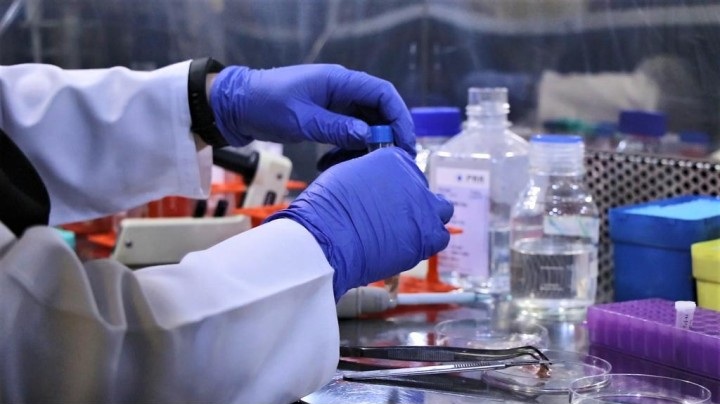Primary Culture by Enzymatic Disaggregation
DOI:
https://doi.org/10.30699/jovm.001.e0101Keywords:
Primary Culture, Methodologies, Enzymatic DisaggregationAbstract
Primary cells are essential in cellular experiments because of their features, such as high biological relevance, original genome, and the best experimental models for in vivo studies. The primary culture originated with Wilhelm Roux's efforts, but it began in 1907 with Ross Harrison's experiments on frogs and the growing of neuron fibers. Enzymatic disaggregation is a helpful tool to separate cells from organs or tissues. This method is one of the three main disaggregation methods (fine dissection, enzymatic disaggregation, and mechanical disaggregation) that are used in primary culture. This study established a new enzymatic disaggregation method to harvest murine prostate cells by collagenase enzyme.
Downloads
Download data is not yet available.
